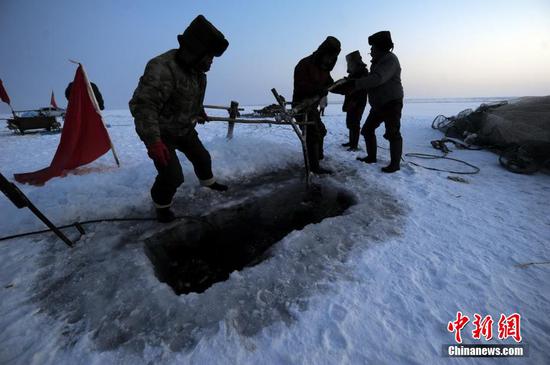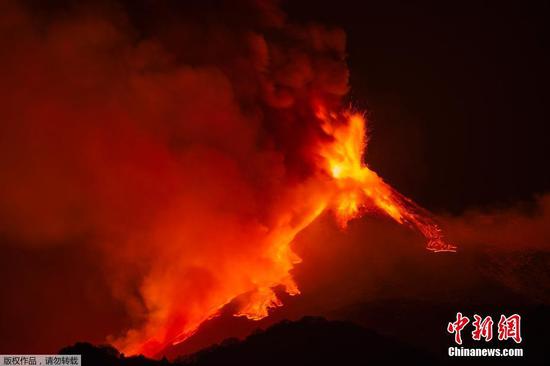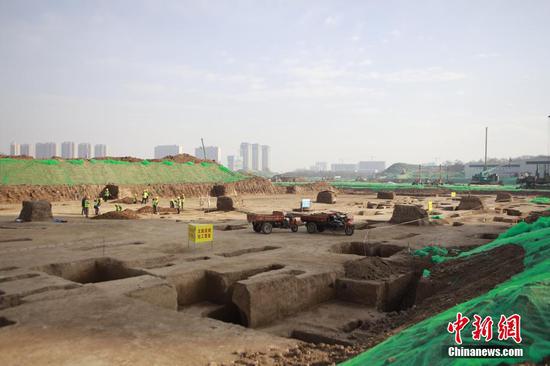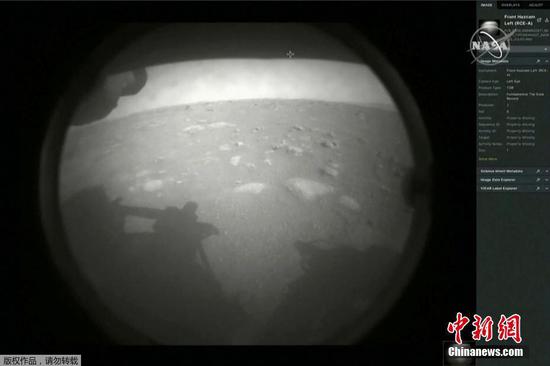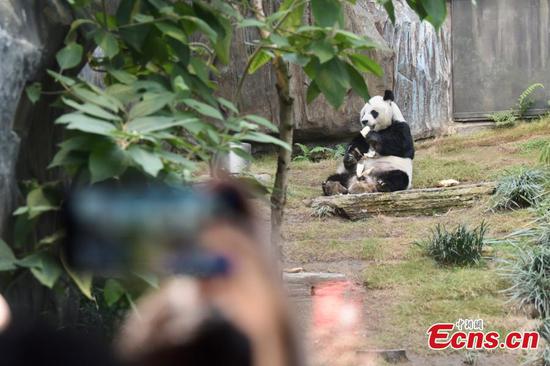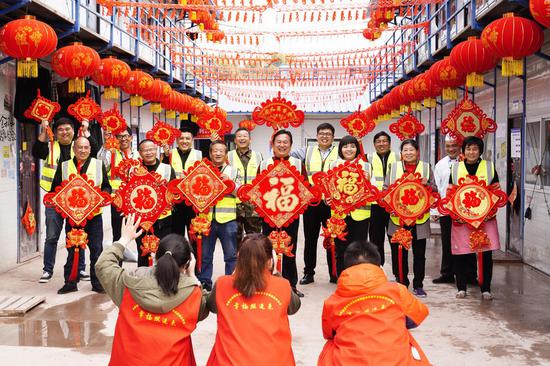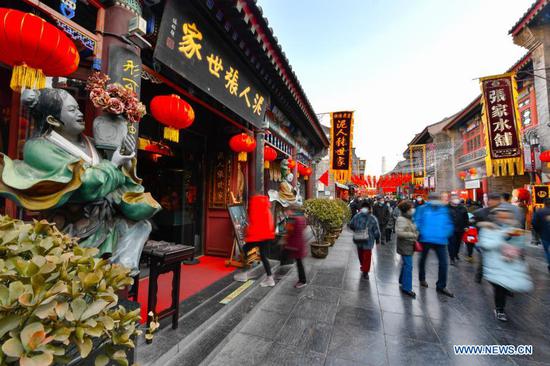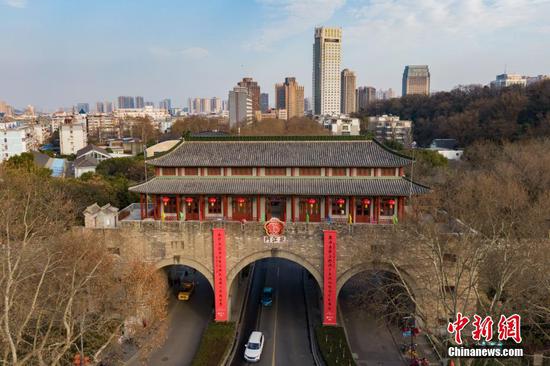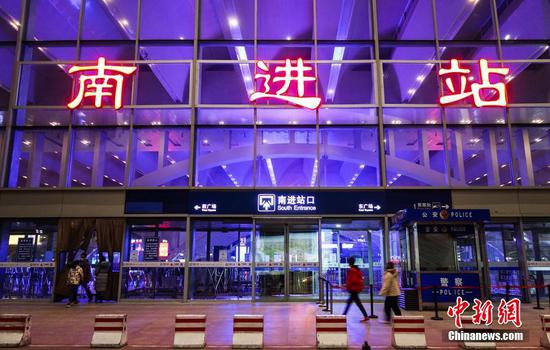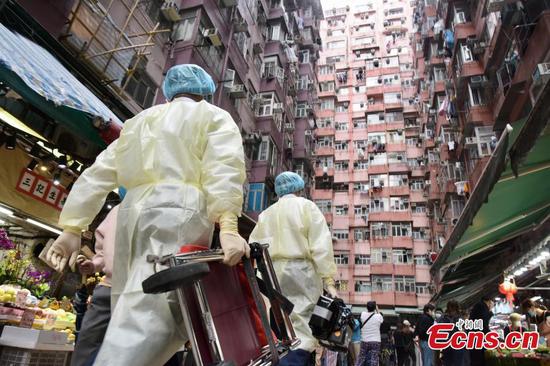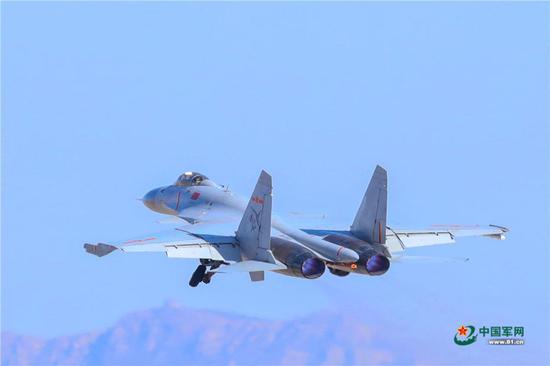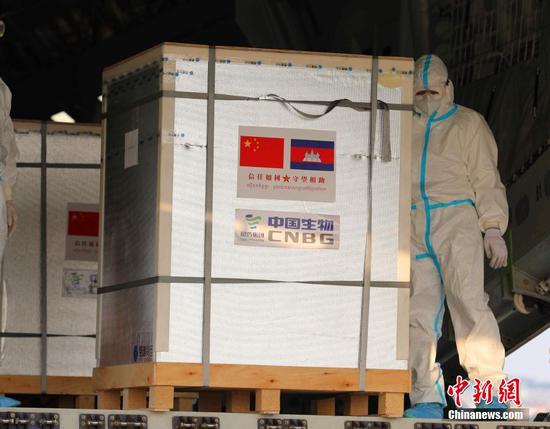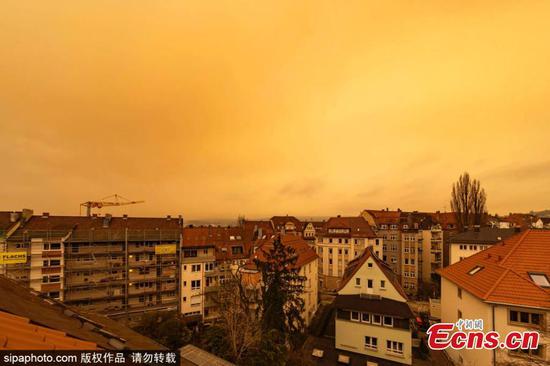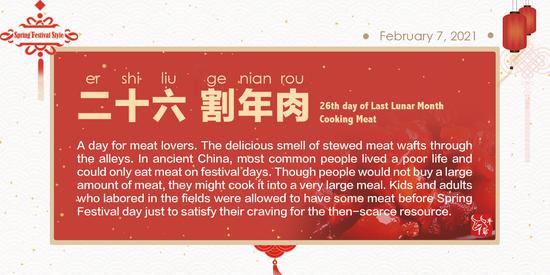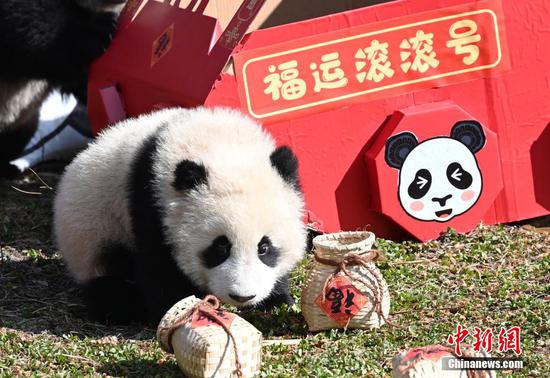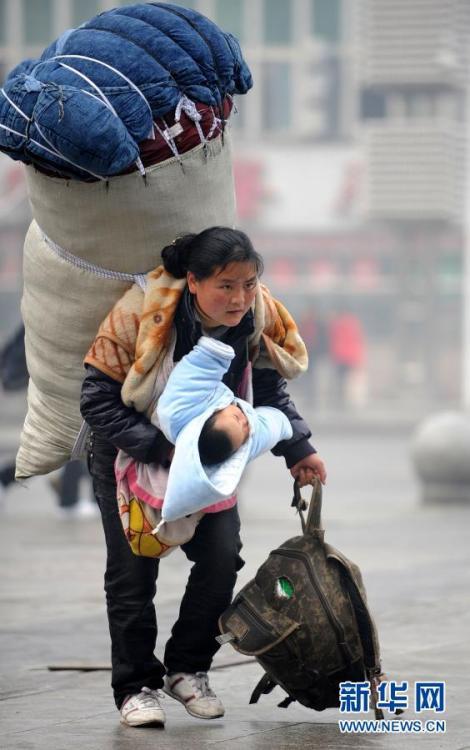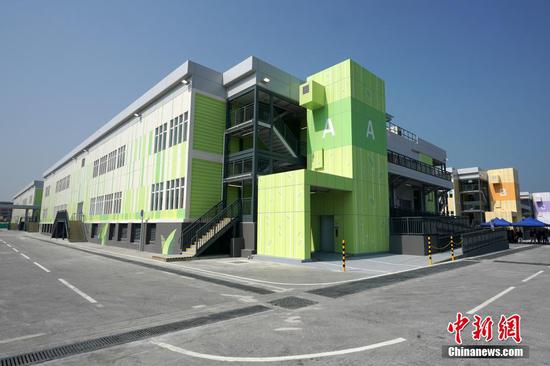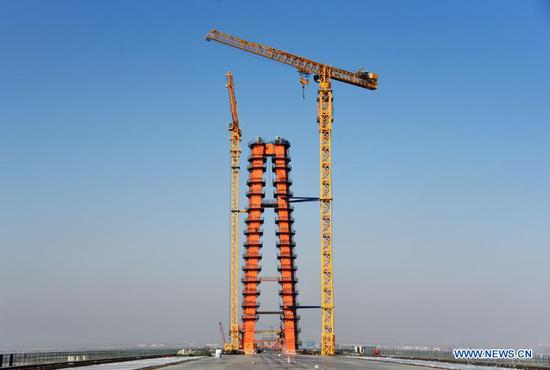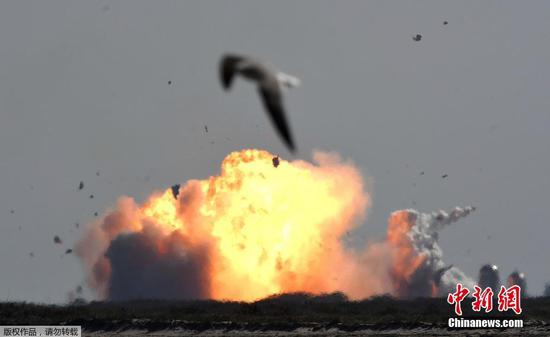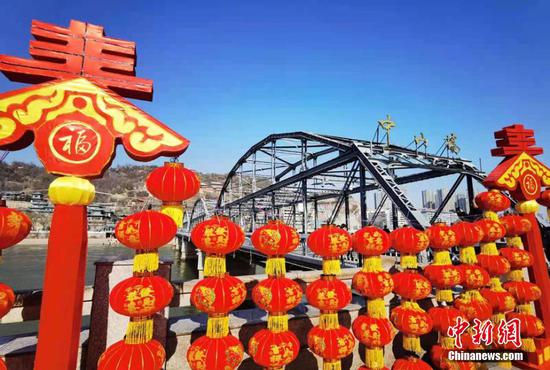The Hong Kong Special Administrative Region (HKSAR) government has said that its approval procedures for COVID-19 vaccine by Sinovac are stringent and comprehensive.
The HKSAR government made the remarks in a statement on Thursday in response to a media report casting doubt on the approval procedures for authorizing the vaccine by Sinovac and leading people to falsely believe that the HKSAR government has lowered the standards for authorizing the vaccine by Sinovac. The relevant report is not truthful, said the statement.
On Jan 25, Sinovac Biotech (Hong Kong) Limited (Sinovac) submitted an application to the Secretary for Food and Health of the HKSAR government for the authorization of its COVID-19 vaccine for emergency use in accordance with the Prevention and Control of Disease (Use of Vaccines) Regulation. It also then provided supporting documents and information, the statement said.
The Advisory Panel on COVID-19 Vaccines convened two meetings on Feb. 10 and Feb. 16 respectively for the relevant application. It reached a consensus for submitting a recommendation to the Secretary for Food and Health of the HKSAR government to approve the vaccine by Sinovac, thereby establishing that the benefits for using the vaccine to protect against COVID-19 outweigh the risks, it said.
The procedures for the advisory panel to examine the information and data and the government to approve the authorization are stringent and comprehensive, said the statement, adding that the procedures met all the relevant requirements under the regulation and were no different from those adopted for approving another vaccine for emergency use in Hong Kong (Comirnaty) earlier.
With respect to the requirement that the information submitted needs to be published in medical journals, Sinovac has indicated that it has considerable difficulties in compiling the relevant information for publication in a short period of time.
Sinovac has provided to the Department of Health the Phase 1 and 2 clinical data that it had submitted to the World Health Organization (WHO) and the National Medical Products Administration (NMPA), the Phase 3 clinical information of trials conducted in Brazil, as well as the Phase 3 clinical information of trials conducted in Turkey and Indonesia. The relevant data has been examined and assessed by the 12 experts of the advisory panel, said the statement.
The experts on the advisory panel have all participated in peer reviews in their respective academic fields. With reference to the relevant requirements of WHO guidelines, the advisory panel conducted the assessment in a thorough, objective and holistic manner. The relevant procedures are on par with the peer reviews normally conducted for academic journals. The assessment procedures for the relevant information are not different despite the relevant information has not yet been published in medical journals, it said.
Casting doubt on the authorization procedures for emergency use due to authorization from the WHO yet to be obtained stems from misunderstanding of the mechanism for authorizing vaccines for emergency use in the international arena, said the statement.
The government pointed out that under the framework of the regulation, approval by the WHO is not an essential requirement for authorizing a vaccine for emergency use in Hong Kong. In fact, a number of overseas regulatory authorities have approved vaccines for emergency use before the individual vaccines (including the "Comirnaty" vaccine) were listed for emergency use/prequalified by the WHO, it said.
Currently, the Sinovac vaccine has been approved for use by the regulatory authorities of Brazil, Turkey, Indonesia, Chile and Mexico, and the NMPA, it added.
A HKSAR government spokesman said that the government will ensure that COVID-19 vaccines satisfy the criteria of safety, efficacy and quality before arranging for members of the public to receive the vaccines.
"Our work will continue to adhere to the principles of openness and transparency, so that the public can grasp correct and comprehensive information on the vaccines," he said.









